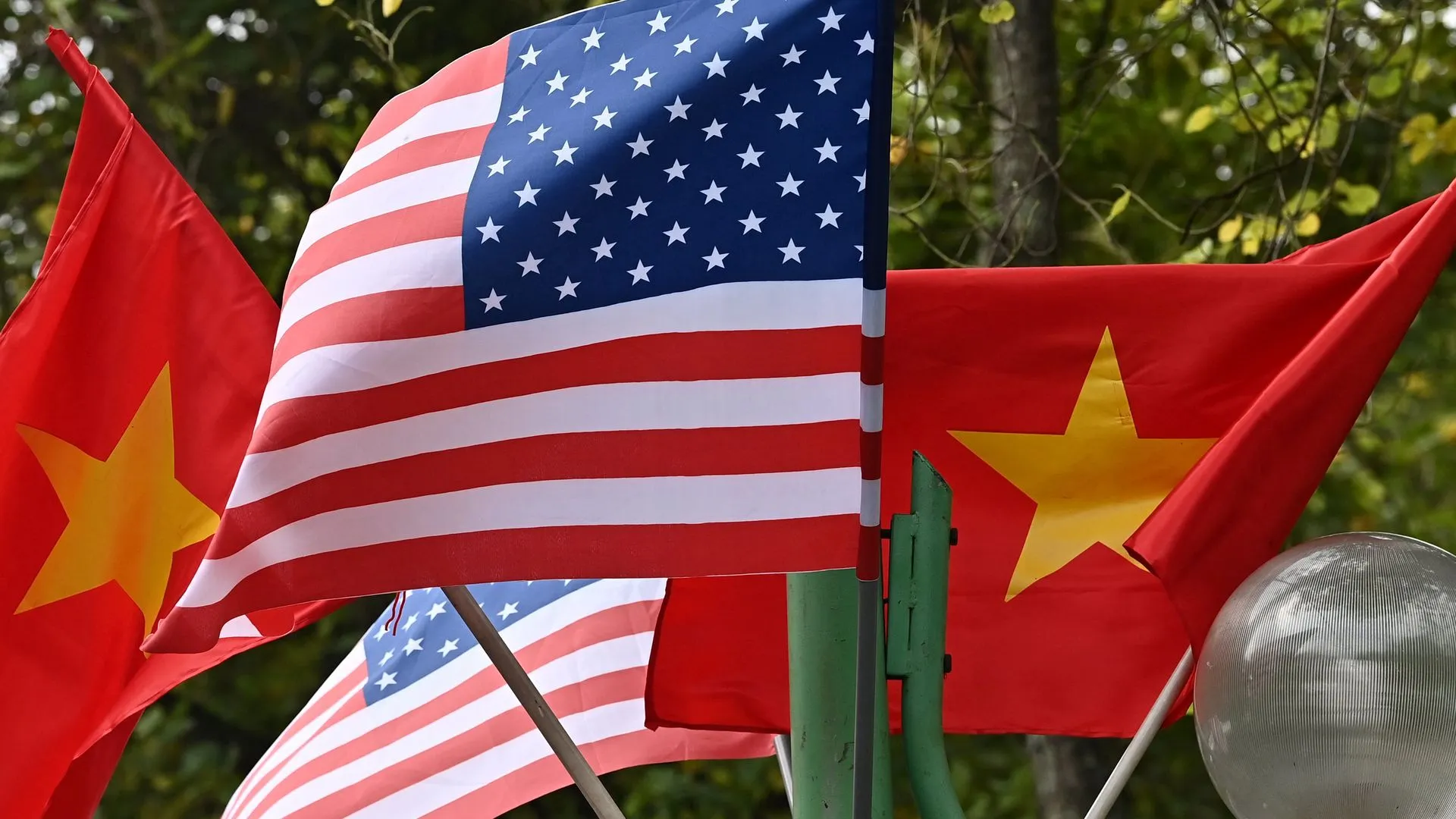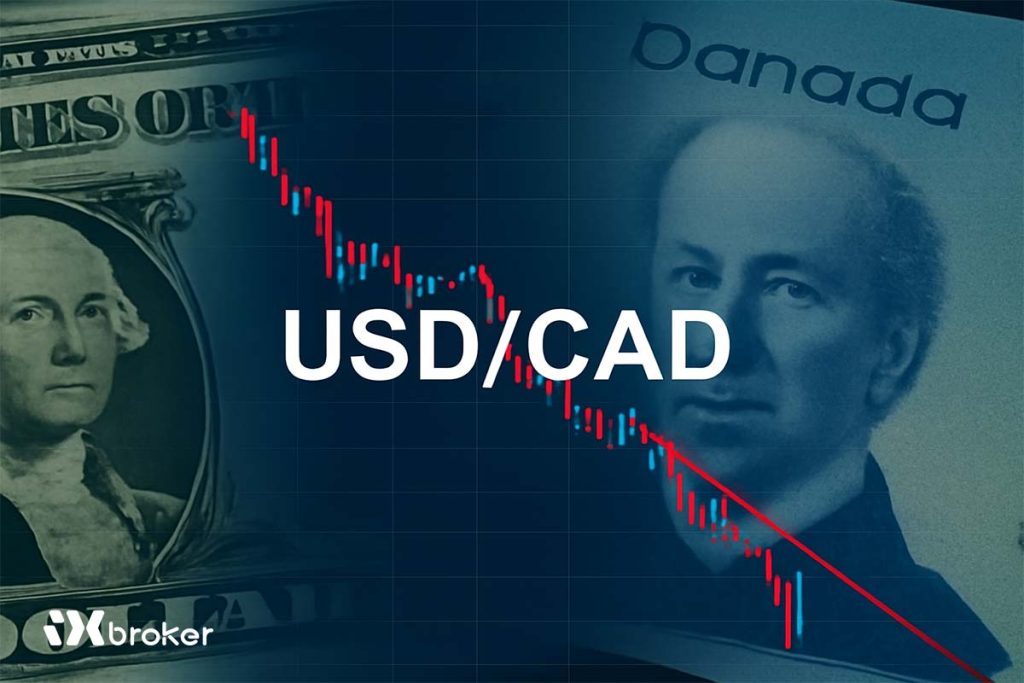The U.S. urges Vietnam to reduce its reliance on Chinese imports amid ongoing trade negotiations.
Amid rising trade tensions and Washington’s push to redefine global supply chains, the United States has presented Vietnam with a list of “tough” demands that could significantly impact the country’s economic ties with China and its industrial structure.
Tough U.S. Demands in Ongoing Trade Talks
According to sources familiar with the matter, the United States has submitted a lengthy list of challenging requests to Vietnam as part of ongoing trade negotiations. These demands are aimed at reducing the country’s dependence on Chinese industrial imports.
One of the key points, as revealed by a person close to the discussions, is Washington’s insistence that factories operating in Vietnam significantly cut their usage of materials and components sourced from China. The U.S. is also urging stricter oversight and control of Vietnam’s domestic production and supply chains.
Official U.S. Proposal Delivered to Hanoi
The demands are outlined in an annex to a broader trade framework prepared by U.S. negotiators. According to four separate sources, the document was sent to Hanoi in late May, following the conclusion of the second round of talks. One of the sources, who had direct access to the annex, noted that the proposal aims to prevent the imposition of 46% reciprocal tariffs on Vietnamese goods by the U.S.
Vietnam’s Response Remains Unclear
As of now, it remains uncertain how the Vietnamese government will respond to these requests or whether it plans to submit a counterproposal by the deadline set by Washington. Both the Office of the United States Trade Representative and Vietnam’s Ministry of Industry and Trade have not issued official statements on the matter.
Economic Risks for Vietnam
A source close to the talks warned that if Vietnam were to meet these U.S. demands, it could face significant economic challenges. Vietnam’s vast manufacturing sector—responsible for producing consumer goods like Apple devices and Nike footwear—is deeply integrated into China’s supply chains.
Implementing such changes could also complicate Vietnam’s long-standing diplomatic balancing act with China. While China remains a key investor in Vietnam, it is also viewed as a strategic rival due to territorial disputes in the South China Sea.
Vietnam’s Export Boom to the U.S.
Since the onset of the U.S.-China trade war in 2018, Vietnam has nearly tripled its exports to the United States. The Trump administration’s sweeping tariffs on Chinese imports prompted many global manufacturers to shift production to Southeast Asia, with Vietnam emerging as a primary alternative.
This shift elevated Vietnam’s role in the global supply chain, particularly in consumer electronics and apparel manufacturing—an evolution that has now placed the country under the scrutiny of U.S. trade authorities seeking to reduce reliance on Chinese-linked production lines.
U.S. Deadline and Broader Negotiations
Reuters reported that the U.S. is asking trade partners involved in active negotiations to submit their best offers by Wednesday. While the list of countries was not explicitly named, sources say talks are underway with Vietnam, the European Union, Japan, and India.
Vietnam is reportedly facing some of the most stringent requests, making its position in these negotiations particularly delicate. The outcome could reshape not only its own trade future but also broader patterns of global manufacturing and supply chain flows.



